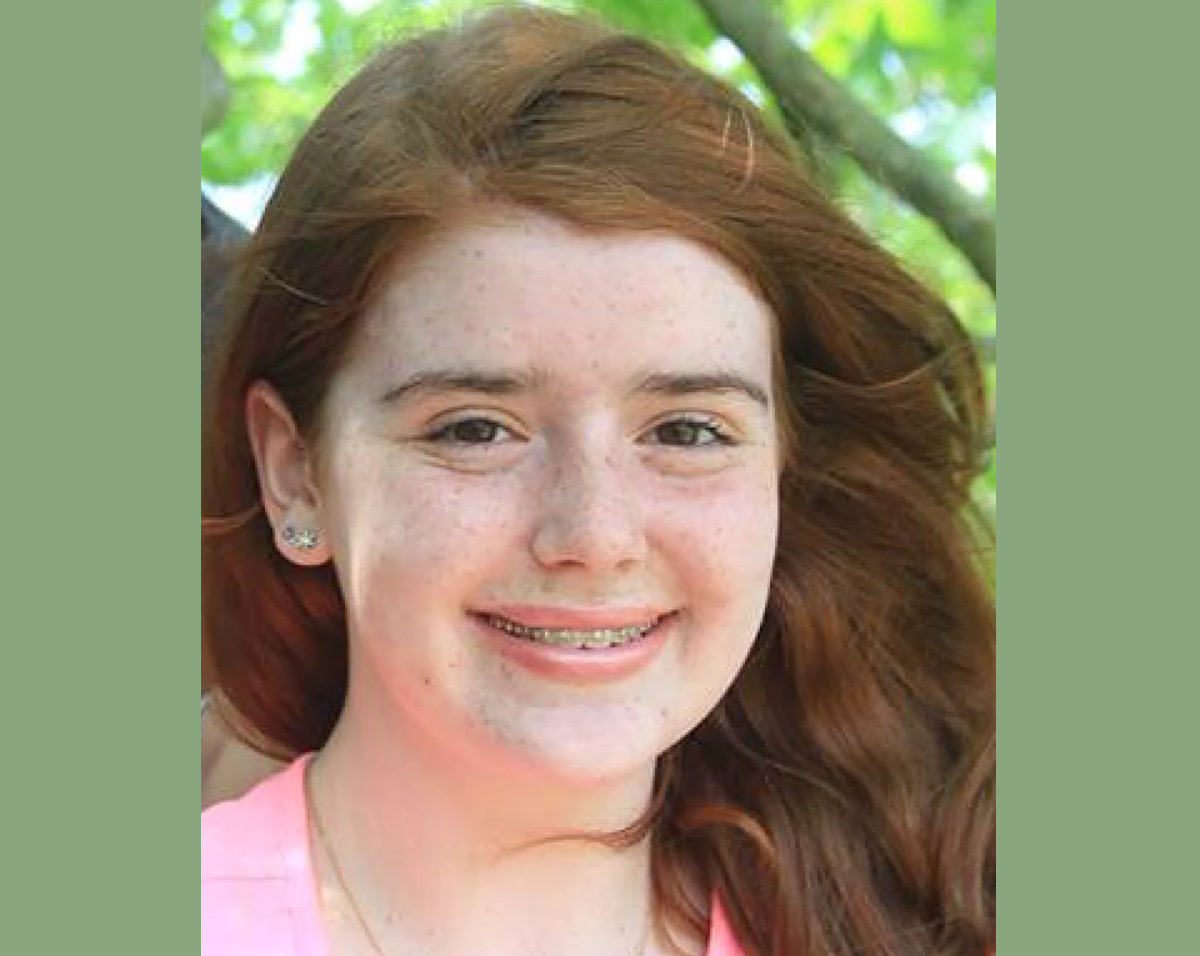
December 21, 2018
Can you remember being a fourth grader? It’s a vulnerable age, where you’re just starting to gain more confidence and independence, yet you’re still squarely in the “kid” zone. Now imagine being a child this age and hearing the slur “dirty Jew” ringing in your ear, uttered by multiple classmates.
Melanie Roloff doesn’t have to imagine this nightmare—she lived it. In her fourth-grade class, instead of being able to focus on learning and building friendships, she was tormented by her peers, dismissed by her teacher, and invalidated by her principal—all for being Jewish.
“Dirty Jew”
This wasn’t all that Melanie had to endure. Melanie:
- Was told by kids in her class that she belonged “in the Holocaust, in the ovens.”
- Endured kids repeatedly ganging up and laughing at her for being Jewish.
- Had her nose bloodied by classmates, as the target of their hateful, prejudiced acts.
- Witnessed escalation of bullying and bigotry as groups of her peers—first girls then with boys joining in—punched her hard enough to hurt, as punishment for answering a teacher’s question or acing a test.
Melanie was also told by her teacher to grow a “thicker skin,” and was even sent to the office for “disrupting the class” when she tried to stand up for herself against the bullies. When Melanie’s mom tried to gain the support of the administration to help her daughter, the principal pushed back, asking her, “What makes you think Melanie didn’t do anything wrong?”
Gaining Support
Melanie’s mom eventually took Melanie out of the class and changed schools—but not before considerable damage was done. Attending school as the target of prejudice takes a toll on its victims—Melanie ended up collapsing in her mom’s office one day after school and ultimately needed to go to the hospital and receive therapy because of her stress level.
In her new fifth-grade class, though still nervous from her ordeal, Melanie gained some sense of relief by being able to attend school free from anti-Semitic harassment. The real turning point for Melanie, though, came the following year, when she saw a program at her synagogue delivered by ADL Connecticut’s Confronting Anti-Semitism program. She realized that even though she was still recovering from her own ordeal, she wanted to put her experience to use to help other students to combat the type of prejudice that she herself had only recently endured.
So Melanie applied to be an anti-Semitism Teen Trainer, and was selected as the then-youngest-ever trainer. Today, Melanie is:
- 18 years old and a college student in Stamford, Connecticut.
- One of the top Jewish leaders in Connecticut according to the Jewish Ledger.
- An ADL trainer who helps other kids and teens effectively respond to anti-Semitic bullying and harassment.
Fighting Hate for Good
The sharp rise in anti-Semitism found in ADL’s most recent Audit of Anti-Semitic Incidents was in part based on a major increase in hate crimes and other incidents perpetrated against Jewish young people in American schools and on college campuses. ADL reported that 2017 saw a nearly 60 percent rise in anti-Semitic incidents across the United States.
Changing these statistics to help young people like Melanie avoid the type of trauma that she had to endure is why ADL will never stop fighting the good fight against unfair treatment. It makes a difference when we all work together—as Melanie’s mom said: “ADL has given her the confidence to be strong, to be proud to be Jewish. ADL helped her mature and made it a safe world for her.”
The development and training of young leaders like Melanie doesn’t just happen—it relies on your support. Click here to support ADL and help equip our next generation of leaders to stand up to anti-Semitism and other forms of bigotry.









